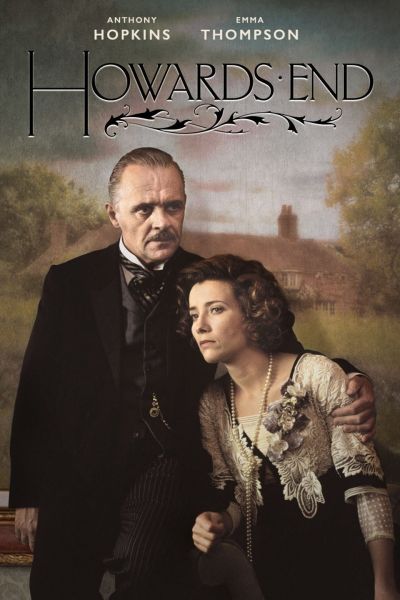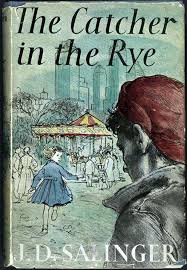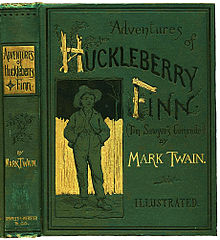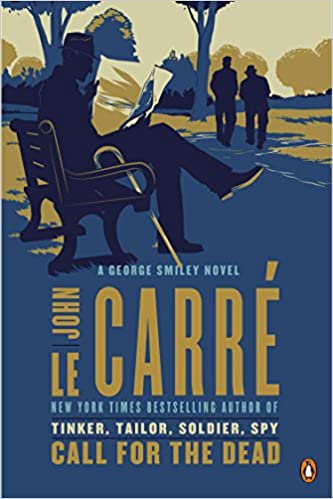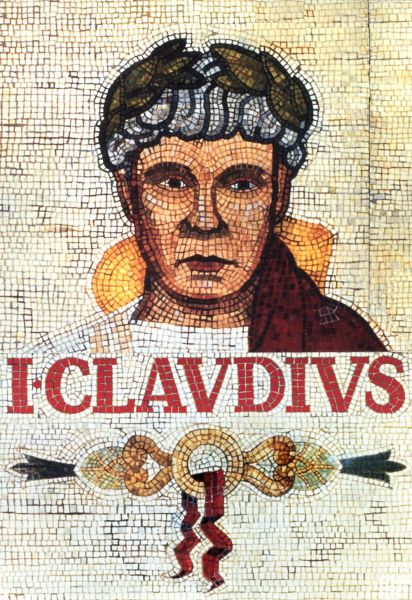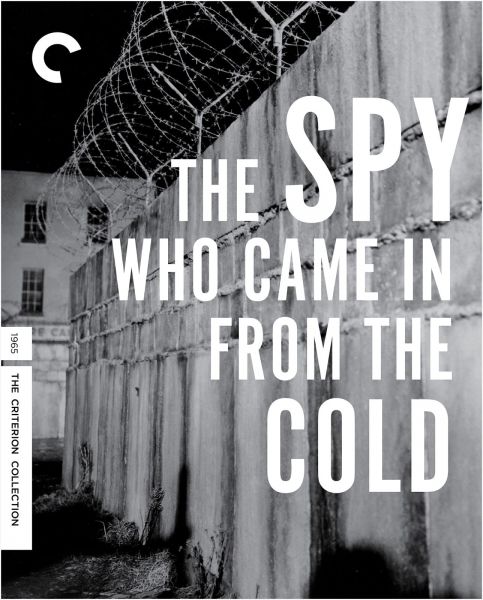Favorite Quotes
Howard's End—page 339: Actual life is full of false clues and signposts that lead nowhere. With infinite effort, we nerve ourselves for a crisis that never comes. The most successful career must show a waste of strength that might have removed mountains, and the most unsuccessful is not that man who is taken unprepared, but of him who has prepared and is never taken. . . . It assumes that preparation against danger is in itself a good, and that men like nations are the better for staggering through life fully armed. . . . Life is indeed dangerous . . . but the essence of it is not a battle (but) because it is a romance, and its essence is romantic beauty.
Howard's End—page 370: Mr. Cahill insisted on sirloin, but admitted that he had made a mistake. He and Evie soon fell into a conversation of the "No, I didn't; yes, you did" type—which, though fascinating to those who are engaged in it, neither desires nor deserves the attention of others.
A Room With a View—page 419: It did not do to think, nor, for that matter, to feel. She gave up trying to understand herself, and joined the vast armies of the benighted, who follow neither the heart nor the brain, and march to their destinies by catchwords. The armies are full of pleasant and pious folk. But they have yielded to the only enemy that matters—the enemy within.
They have sinned against passion and truth, and vain will be their strife after virtue. As the years pass, they are censured. Their pleasantry and piety show cracks, their wit becomes cynicism, their unselfishness hypocrisy; they feel and produce discomfort wherever they go. They have sinned against eros and Athene, and . . . those allied deities will be avenged.
Mr. Sammler's Planet—page 172: "There is a scene in War and Peace I sometimes think about," said Sammler. "The French Gernal who was very cruel . . . was sending people to the firing squad in Moscow, but when Pierre Bezhukov came up to him, hey looked into each other's eyes. A human look was exchanged, and Pierre's life was spared. Tolstoy said you don't kill another human being with whom you have exchanged such a look."
"Oh, that's marvelous! What do you think?"
"I sympathize with such a desire for such a belief."
"You only sympathize."
"No, I sympathize deeply. I sympathize sadly. When men of genius think about humankind, they are almost forced to believe in this form of psychic unity. I wish it were so."
"But you don't think this exchange of looks will work? Doesn't it happen?"
"Oh, it probably happens from time to time. Pierre Bezhukov was altogether lucky. Of course he was a person in a book. And of course life is a kind of luck."
The Catcher in the Rye—page 244: "I don't want to scare you," said mr. Antolini, "but I can very clearly se you dying nobly for some highly unworthy cause." He gave me a funny look. "If I write something down for you, will you read it carefully?"
"Yes. Sure I am," I said. I did, too.
"it was written by a psychoanalyst named Wilhelm Stekel. Here's what he said: 'The mark of the immature ma is that he wants to die nobly for a cause, while the mark of the mature man is that he wants to live humbly for one."
The Adventures of Huckleberry Finn—page 84: There was some pictures which one of the daughters who was dead made her own self when she was only fifteen years old. They was different from an pictures I had ever seen before; blacker, mostly, than is common. One was a woman in a slim black dress,and she was leaning pensive on a tombstone, and her other hand was hanging down her side, and underneath the picture it said, "Shall I Never See Thee More Alas."
Another one was a young lady with her hair all combed up straight to the top of her head, and she was crying into a handkerchief and had a dead bird laying on its back with its heels up, and underneath the picture it said "I Shall Never Hear Thy Sweet Chirrup More Alas."
These was all nice pictures, I reckon, but I didn't somehow seem to take to them, because if ever I was down a little, they always give me the fan-tods. Everyobody was sorry she died, because she had laid out a lot more of the pictures to do. She was at work on what they said was her greatest picture when she took sick, and every day and every night, it was her prayer to be allowed to live till she got it donw, but she never got the chance.
It was a picture of a young woman in a long white gown, standing on the rail of a bridge all ready to jmp off, with her hair all down her back, and looking up to the moon, with tears running down her face. She had two arms folded across her breast, and two arms stretched out in front, and two more reaching up towards the moon, and the idea was to see which pair would look best; but as I said, she died before she got her mind made up.
Call for the Dead—page 147: Smiley hated the Press as he hated advertising and television; he hated mass-media, the relentless persuasion of the twentieth century. Everything he admired or loved had been the product of intense individualism. That was why he hated Dieter Frey, hated what Frey stood for more strongly than ever, for the fabulous impertinence of renouncing the individual in favour of the mass. When had mass philosophies ever brought benefit or wisdom? Dieter cared nothing for human life; dreamed only of faceless men bound by their lowest common denominator. He wanted to shape the world as if it were a tree, cutting off what did not fit his regular image.
I, Claudius—page 58: One extraordinary event in my childhood I must not forget to record. When I was just eight years old, my mother, my brother Germanicus, my sister Livilla, and I were visiting my Aunt Julia in a beautiful country-house close to the sea.
Suddenly we heard a great screeching above us. We looked up and saw a number of eagles fighting. Feathers floated down. We tried to catch them. And then something dark dropped through the air. I do not know why I did so, but I put out a fold in my gown and caught it. It was a tiny wolf-cub, wounded and terrified. The eagles came swooping down to retrieve it, but I had it safe hidden, and when we shouted and threw sticks, they flew screaming off.
Livilla grabbed at the cub, but my mother, looking very grave, made her give it back to me. "It fell to Claudius," she said. "He must heep it."
She asked an old nobleman, a member of the College of Augurs, who was with us, "Tell me what this portends."
"First send the children away," he said.
For some time after this, I often caught my mother looking curiously at me, almost respectfully, but she treated me no better than before.
The Spy Who Came in From the Cold—page 42: "Then one evening Liz said to him, "Alec, what do you believe in? Don't laugh—tell me." She waited and at last he said:
"I believe an eleven bus will take me to Hammersmith. I don't believe it's driven by Father Christmas."
"What do you believe in?" Alec asked her.
"History."
He looked at her in astonishment for a moment, then laughed. "Oh, Liz . . . oh no! You're not a bloody Communist?"
She nodded, blushing like a small girl at his laughter, angry and relieved that he didn't care.
A New Life—page 216: . . . Love? Levin eventually sighed. Is it love or insufficient exercise? How at all possible if the proposed lover had such profound reservations concerning the game, rules, even players? Consider once more, for instance, her lank frame, comic big tootsies, nose flying, chest bereft of flowers.
Consider too the burden of her ambient: prior claimant, husband-in-law. . . . He wanted no tying down with ropes—had to have room to move so he could fruitfully use freedom. If, ecstasied out of his senses he let down his guard—was lept on by fate—Lord help Levin!


